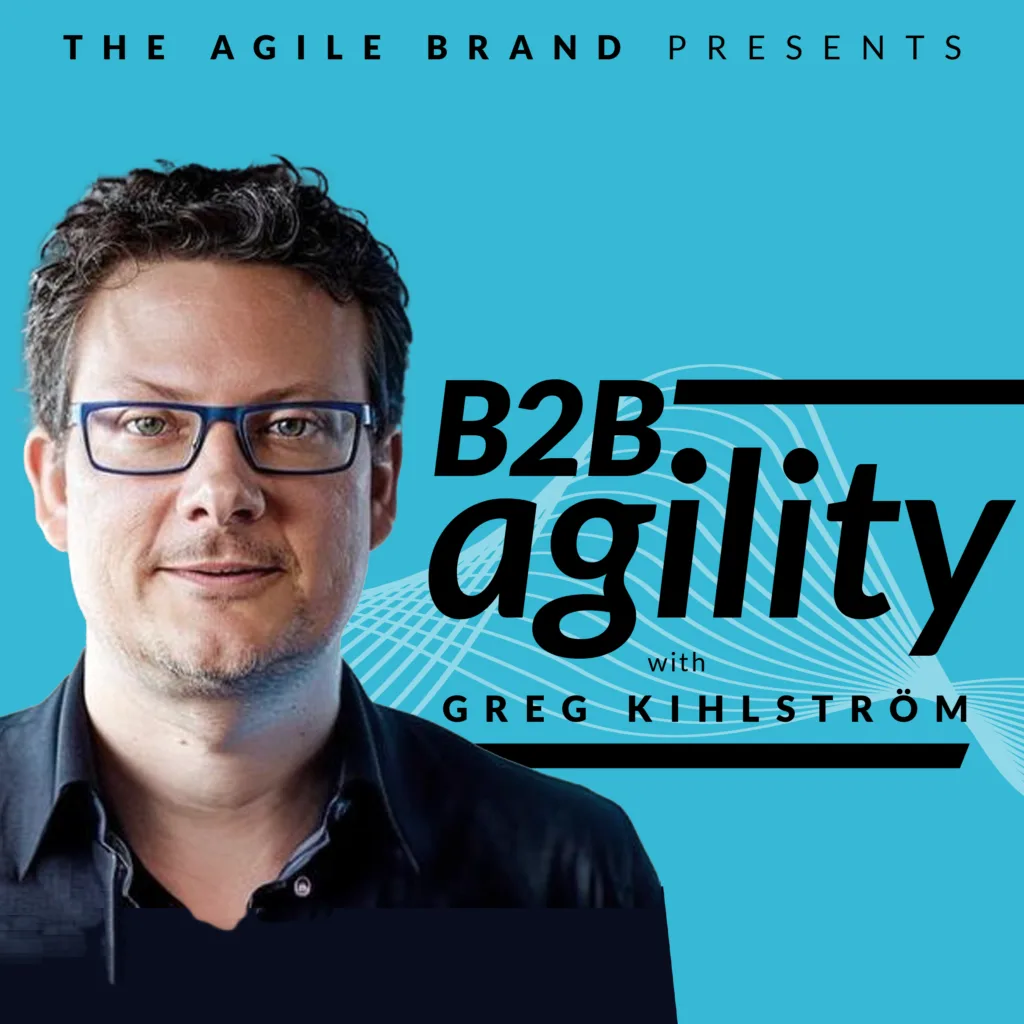This article was based on the interview with Tiffany Grinstead of Nationwide Insurance] by Greg Kihlström, AI and Marketing keynote speaker for the B2B Agility with Greg Kihlström podcast.
Listen to the original episode here:
Personalization is key for success in both B2B and B2C marketing. It involves tailoring marketing strategies and messages to individual customers or target audiences, creating a more engaging and personalized experience. In the podcast transcript, the speakers discuss the challenges and opportunities of personalization in marketing.
One of the first roadblocks in personalization is data. Every organization has data, but the question is whether they can access and integrate that data effectively. This requires pulling data from various sources and ensuring it is both legal and usable. Additionally, understanding the different types of data, such as first-party and second-party data, is essential for effective personalization.
Another obstacle in personalization is contextualizing the data within the customer journey. It is not enough to understand data points; they must be analyzed in the context of how customers interact with the brand throughout their buying, retention, or rebuying process. Identifying key moments in the customer journey and aligning them with data insights is crucial for successful personalization.
Once an organization has overcome these data and contextualization challenges, they must make decisions about what to personalize, how to personalize it, and when to personalize content. In B2C marketing, the content is often deeply personal, and organizations must consider whether personalization improves the customer’s life or if it crosses the line and creeps them out. Testing and learning, as well as segmentation, can provide valuable insights into what customers will be comfortable with.
In B2B marketing, there are additional considerations. B2B buyers are also human beings, and personalization can humanize the brand and build connections. Understanding their interests, passions, and what makes their workday easier can enhance personalization efforts. Making the workday easier for B2B buyers is universally beneficial, as nobody wants to deal with complicated processes at work.
Personalization plays a crucial role in driving success in B2B marketing. By tailoring marketing strategies and messages to individual customers or target audiences, B2B brands can create more engaging and inspiring stories that resonate with their audience and drive them to take action. However, implementing personalization requires robust data infrastructure, collaboration among team members, and ongoing monitoring and optimization. With the right strategies and tools in place, B2B brands can leverage personalization to stand out and thrive in a competitive marketplace.










